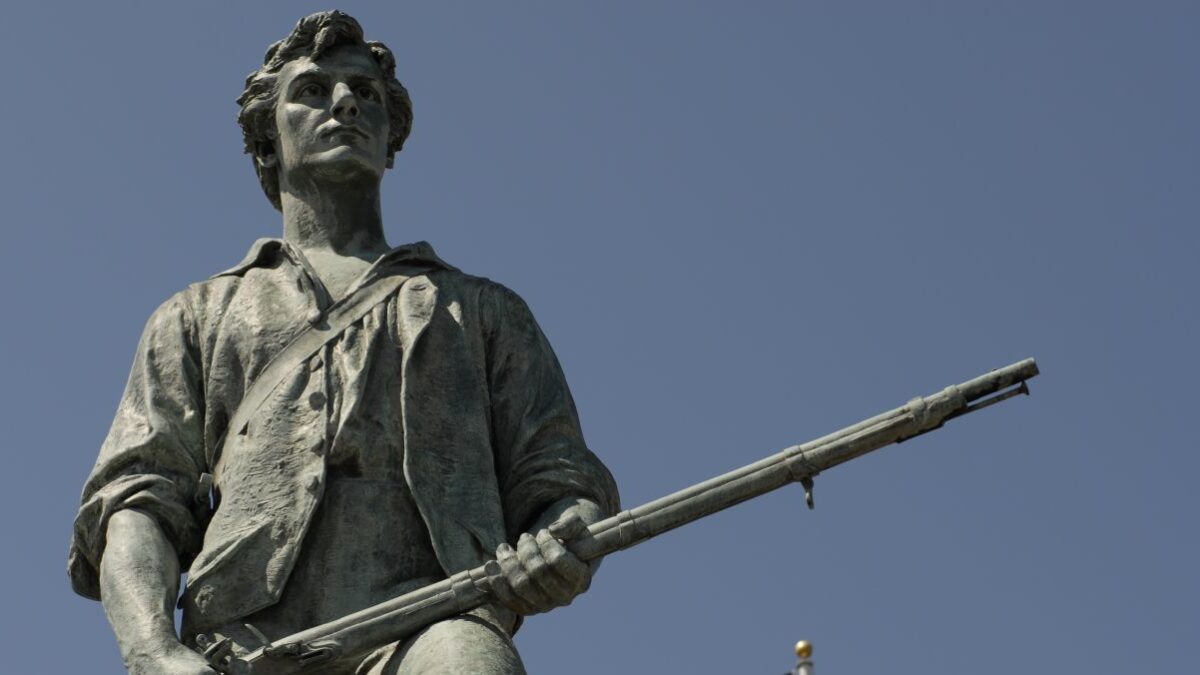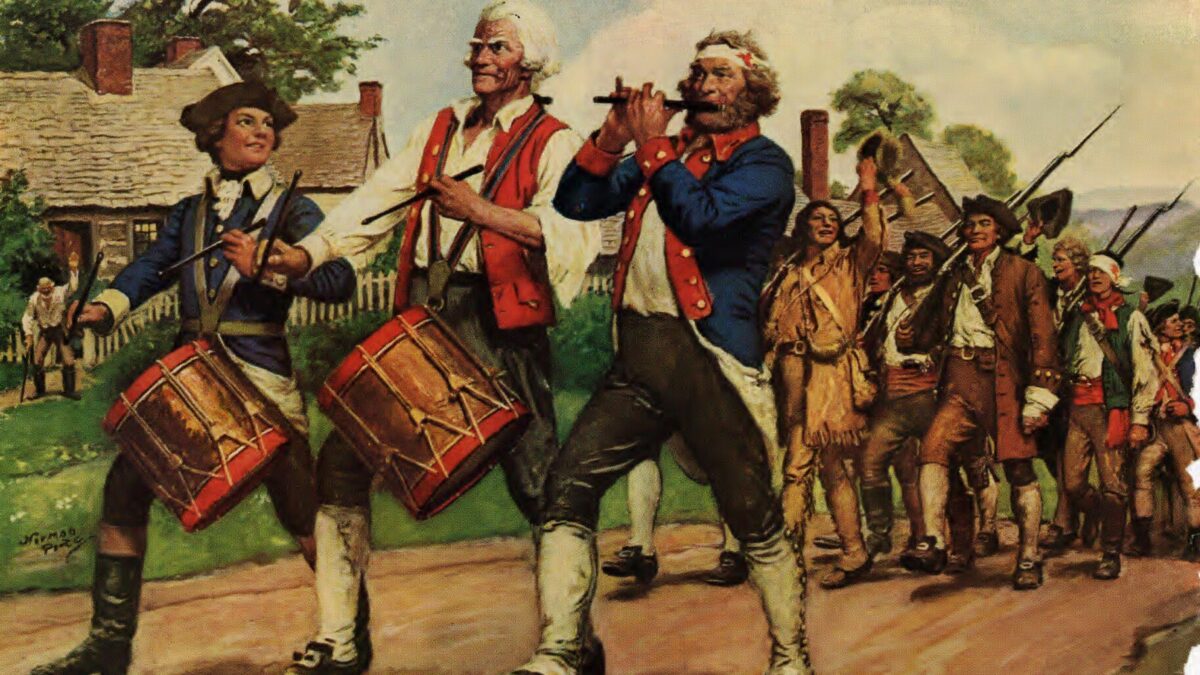In the second lecture of Hillsdale College’s course on the histories of Athens and Sparta, which you can follow along with here, Paul A. Rahe, a professor of Western heritage at Hillsdale, explains what life was like in ancient Sparta.
Unlike the Athenians, Spartans left little behind for modern men to marvel at. There are no temples or other massive structures that survived centuries, like in Athens today. Nor did they leave much in terms of literature for modern historians to study and learn about their society, but that shouldn’t lead one to believe their legacy was of lesser importance.
Sparta’s Constitution Is Much Like Ours Today
Sparta was the first society in ancient Greece to create a government with restrictions on power and checks and balances baked into its political system. The Lacedaemonian Constitution separated governing powers within varying branches of government, much like ours today. The kings were still subject to the laws of the land, which the Spartan assembly decided.
There was an elected panel of five men, called ephors, who shared executive powers with the kings. These magistrates were kept accountable by the assembly, which would vote them in and out of office. The kings tended to be rivals of one another and had conflicting interests, so their self-interest kept one another in check.
When Sparta conquered and re-conquered regions, like they did in Messina, they would enslave the local population, making them helots, who were fated to work the land. The helots frequently outnumbered the number of citizens — at one point, there were seven helots for every one Spartan — which made it difficult for the Spartans to stay in control. Sparta was constantly worried about how much they could expand or venture out militarily before spurring an uprising among the helots, who might cooperate with other leaders.
The Argives and Arcadians supported these uprisings to destabilize Sparta. Thus the Spartans were always seeking allies to tip the power dynamic in their favor and build a military coalition of allies that could crush a helot rebellion. Sparta accomplished this by overthrowing tyrants and creating agrarian oligarchies. To be useful allies for Sparta, these oligarchies had to be weak enough to need Sparta’s support, but could not be too weak that they became a drain.
The Way Spartans Fought In Battle Reveals Much
These geopolitical constraints forced Sparta to be a military superpower, for they could not survive and conquer those around them without being the best in the world. Spartan society emphasized military service and trained virtually all its citizens in the art of warfare and combat.
The way the Spartans fought in battle, in a Phalaynx formation, reflected the way they viewed themselves: one cannot stand on his own and win, but when one joins a tight-knit group, victory is much more likely. Their educational system centered around military preparedness. A boy would leave his home at a young age and join a military squad, where he would live and share meals with them until the age of 45.
Familial relations were diminished. For men, who often took young boys as lovers during their time in service and developed strong relationships with others in their squad, the welfare of his wife and children were of secondary importance. The bonds between husband and wife, and between child and parent, were weakened to strengthen the military units and entrench a sense of solidarity among men of fighting age.
Spartan society emphasized equality among men. All men were required to serve in the military, all received an allotment of land and were given helots to work the land, and all were eligible to become an ephor. Some were chosen for special projects, such as to serve as a spy or be sent out on a diplomatic mission.
This elaborate social and political structure developed gradually, during a period that was relatively peaceful for the Spartans, but their way of life was challenged by the Persians. The Persians sought to conquer the Spartans beginning in 460 B.C., which will be discussed in greater detail in an upcoming lecture.









